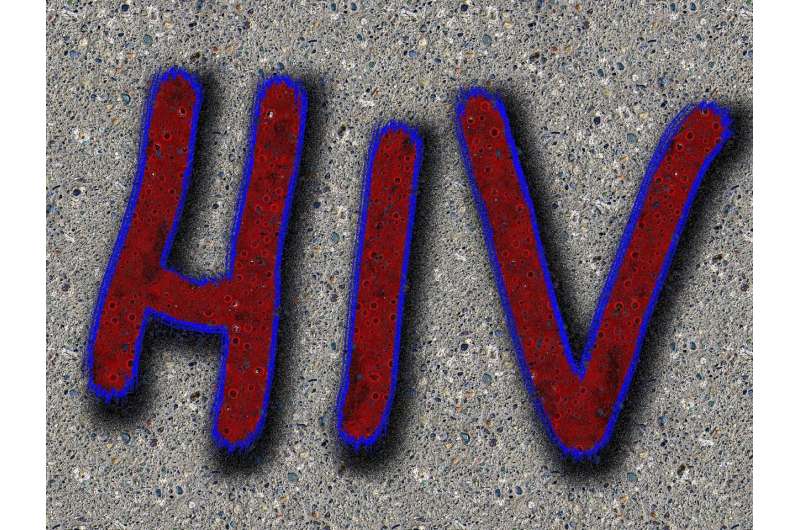This article has been reviewed according to Science X's editorial process and policies. Editors have highlighted the following attributes while ensuring the content's credibility:
fact-checked
peer-reviewed publication
trusted source
proofread
Tennessee's shift in HIV prevention funding will lead to poorer health outcomes for its residents, suggests study

A study published in Clinical Infectious Diseases led by Massachusetts General Hospital investigators, warns that Tennessee's new HIV prevention funding policy will lead to poorer health outcomes for its residents.
Tennessee plans to reject $6 million in Centers for Disease Control and Prevention (CDC) funding. Instead, they'll redirect state resources for HIV prevention to first responders, pregnant individuals and survivors of sex trafficking.
Using a microsimulation model, a team of researchers led by Ethan Borre, MD, Ph.D., found that the shift in funding will harm high-risk groups while providing only minimal benefits for new priority populations.
"CDC HIV prevention funding has prevented countless HIV cases and deaths in Tennessee, and throughout the United States, especially among those at highest risk for HIV, including men who have sex with men, transgender women and heterosexual Black women. Rejecting this funding puts lives at risk," says Ethan Borre, MD, Ph.D., Department of Medicine.
Teaming up with Tennessee-based community organizations Nashville CARES and Friends For All Memphis (recipients of the CDC funding), as well as investigators from Vanderbilt University, Yale University, and the national HIV Medicine Association, Drs. Borre, Neilan, and colleagues used an MGH-based and widely cited microsimulation model to assess the potential effects of HIV prevention funding reallocation in Tennessee.
The analysis revealed that reallocating HIV prevention funding away from CDC-prioritized populations (men who have sex with men, transgender women, and heterosexual Black women) towards Tennessee-prioritized populations (first responders, pregnant people, and survivors of sex trafficking) would result in additional HIV transmissions and deaths.
"Shifting funds from those at higher risk to those at lower risk will harm individuals, curb efforts to combat the HIV epidemic, and strain the state's budget," says senior author Anne Neilan, MD, MPH, an investigator in the Division of Infectious Disease at Massachusetts General Hospital.
"Tennessee's new HIV prevention funding policy will lead to 166 additional HIV transmissions, 190 additional deaths, and 843 life-years lost over 10 years."
"The proposed changes in funding will have wide-reaching effects on community-based organizations who provide HIV prevention services directly to Tennesseeans. We in the community are very concerned about the effects of funding losses on our day-to-day operations and the people we serve," adds Amna Osman, MPA, co-author and Chief Executive Officer of Nashville CARES.
Tennessee community leaders also have concerns around the equity of the proposed funding reallocation. Mia Cotton, MPH, co-author and Chief Program Officer at Friends For All Memphis notes, "Tennessee is already seeing serious disparities in HIV outcomes among racial and gender minorities, particularly among Black Tennesseans and transgender women.
"Our findings suggest that the new funding policy would worsen existing disparities, with minoritized populations experiencing a lion's share of the increased deaths," says Mia Cotton, MPH, chief program officer, Friends for All Memphis.
More information: Ethan D Borre et al, Projecting the Potential Clinical and Economic Impact of Human Immunodeficiency Virus Prevention Resource Reallocation in Tennessee, Clinical Infectious Diseases (2024). DOI: 10.1093/cid/ciae243




















